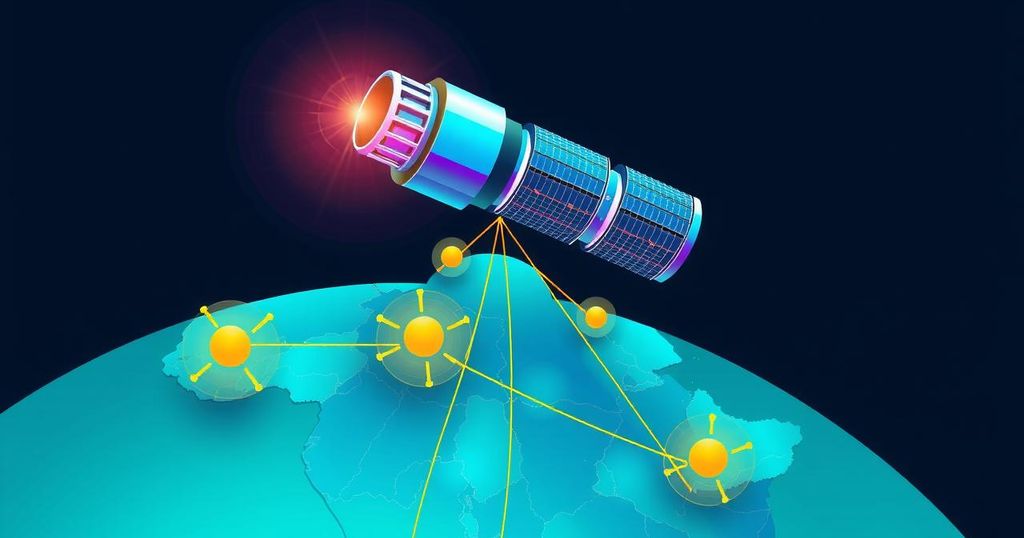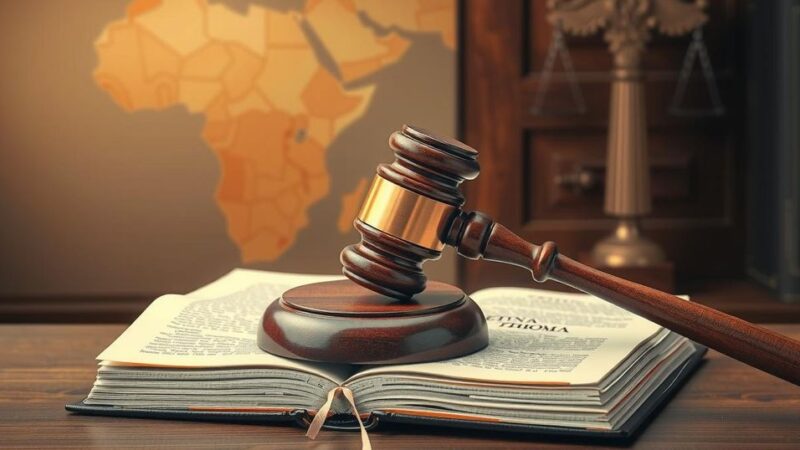Elon Musk’s Starlink faces challenges to operate in South Africa due to local black empowerment laws, which require 30% ownership by historically disadvantaged groups. Musk claimed racial bias as a reason for the service’s delay, but officials emphasized that no application had been submitted. The situation reveals deeper legal, political, and social issues within South Africa’s historical context and current diplomatic relations.
The ongoing dispute between Elon Musk’s Starlink and the South African government centers on the company’s hindrance to launch services in the nation due to local black empowerment laws. Mr. Musk, utilizing his vast social media following, suggested that Starlink’s inability to operate in South Africa is a result of his race, claiming, “not allowed to operate in South Africa simply because I’m not black.” Nevertheless, the Independent Communications Authority of South Africa (Icasa) clarified that Starlink has yet to submit a licensing application.
In conclusion, the standoff between Starlink and South Africa over operating licenses illustrates the complex interplay of racial policies, local laws, and international relations. While Musk’s allegations of racial bias underscore his frustration, compliance with black empowerment legislation remains a significant barrier. Moreover, despite potential alliances, legislative hindrances seem pervasive, complicating Starlink’s aspirations in South Africa.
Original Source: www.bbc.com






